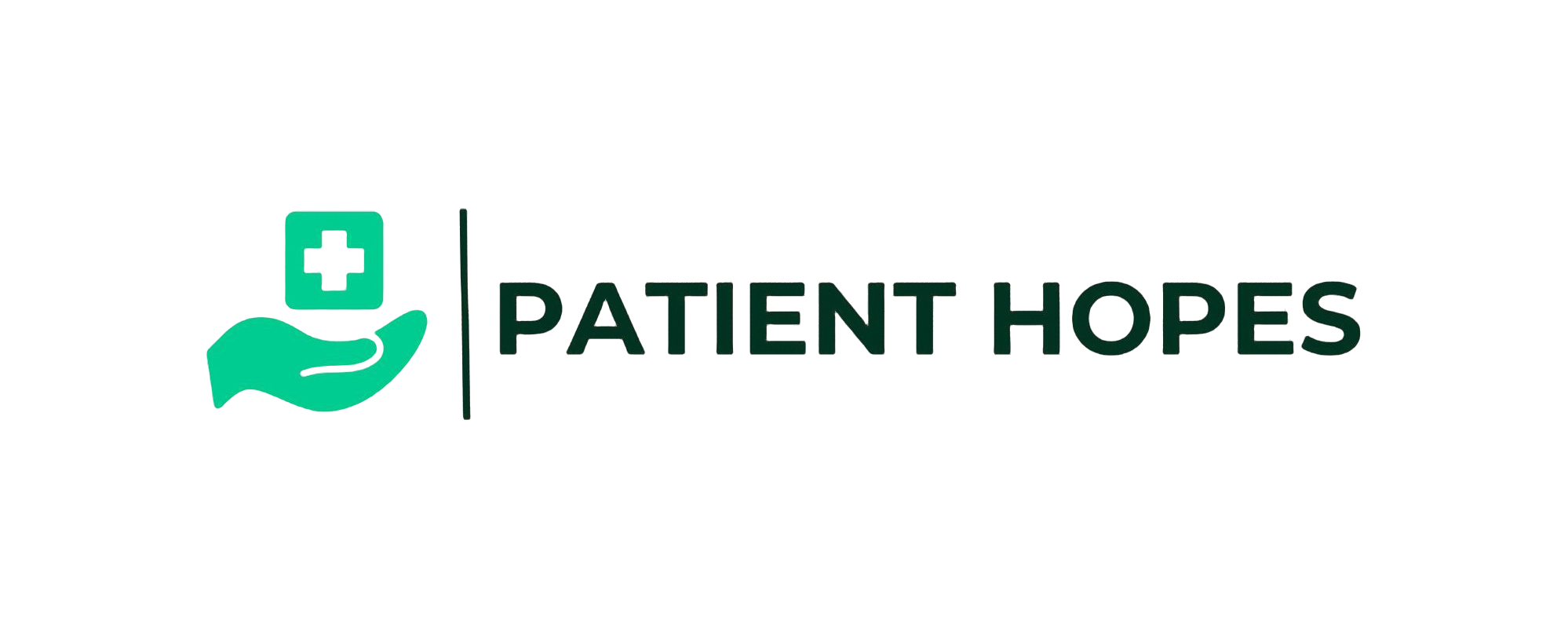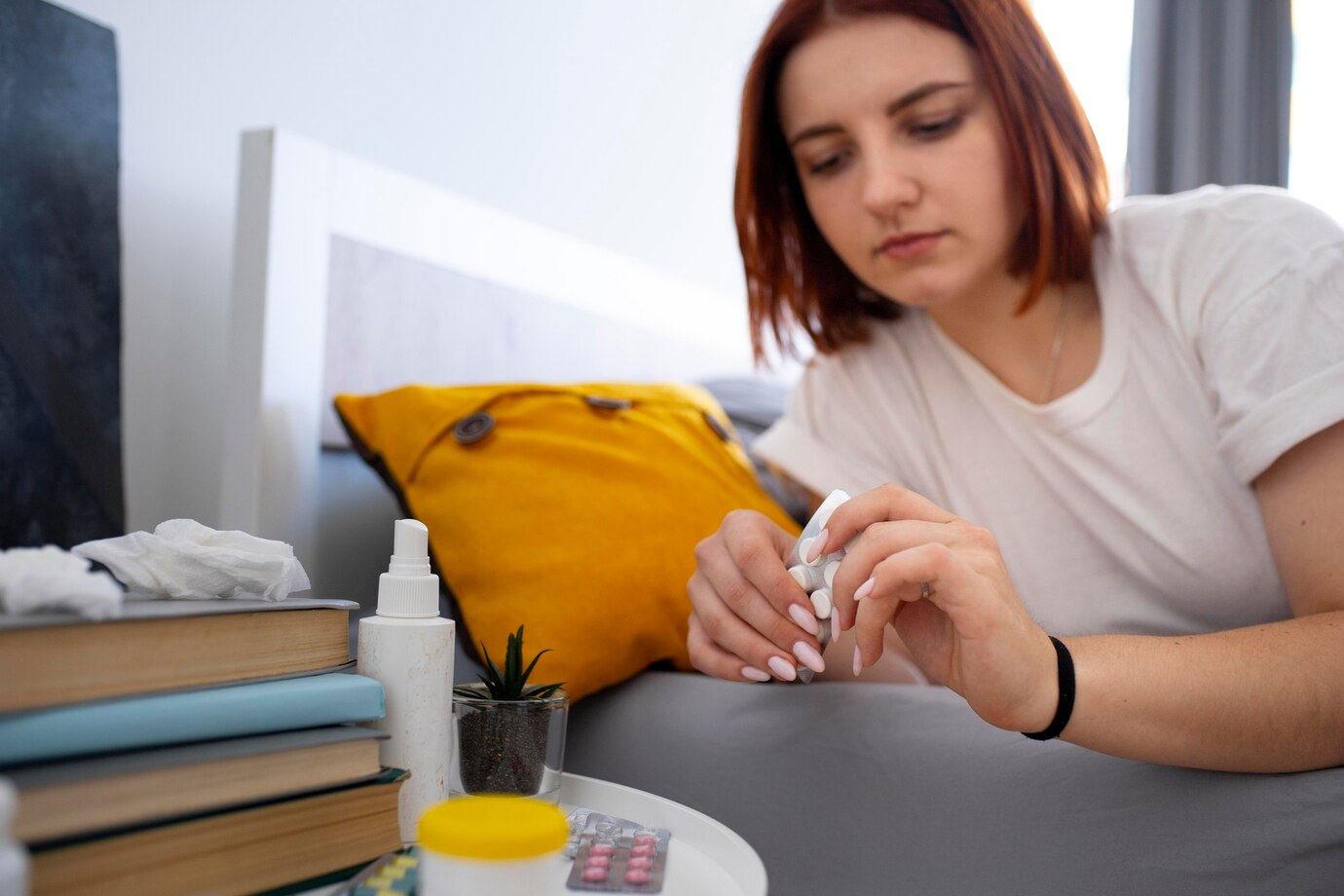The Best Over-the-Counter Medications and Natural Remedies for Anxiety
Anxiety touches millions of lives, sometimes as a quiet undercurrent of unease, and other times as an overwhelming rush of fear or nervousness. It’s become more noticeable in recent years, prompting many to find ways to cope without always visiting a doctor. This is where over-the-counter (OTC) remedies come into focus.
Traditionally, when people think about anxiety treatment, prescription medications like antidepressants or tranquilizers come to mind. However, not everyone is keen on this approach. The potential for side effects, the risk of reliance, or the hassle of getting a prescription leads many to explore different paths. That’s where OTC options become appealing.
These alternatives offer a way to manage anxiety without needing a formal prescription. While they may not have the same potency as doctor-prescribed drugs, they provide a more accessible route for those seeking relief. Let’s dive into the various OTC choices, understand how they function, and weigh their possible benefits and drawbacks.
What is Anxiety?
Anxiety is the body’s natural reaction to stress or perceived threats, causing feelings of worry or fear. It’s a built-in defense mechanism meant to prepare us for challenging situations.
However, when anxiety becomes constant or overwhelming, it can interfere with daily life. Chronic anxiety may lead to physical symptoms and affect mental well-being, requiring proper management or treatment.
Age Criteria for Treatment
There isn’t a specific age when anxiety medication should be started, as it depends on the severity of symptoms and individual needs. Generally, treatment begins when anxiety significantly affects daily life and functioning, regardless of age.
For children or teenagers, medication is usually considered after non-medication approaches like therapy are explored. In adults, treatment decisions are made based on how well non-medication methods are working and the level of distress caused by anxiety.
Available Treatment?
Over-the-counter treatments for anxiety don’t have a one-size-fits-all option like prescription drugs do. However, various supplements, herbs, and natural remedies have long been used to ease anxiety. These options, while not specifically made for anxiety, have shown some benefits in reducing stress over time.
In addition to these, certain medications sold for other conditions—such as those for sleep or muscle tension—can also have calming effects. Sometimes, these are used informally to help manage anxiety symptoms. Though not specifically labeled for this purpose, they may offer temporary relief.
Exploring some common categories.
Herbal Remedies
- Valerian Root
Valerian root has been used for calming the mind and aiding sleep. It works by boosting GABA levels, which helps ease nervous tension and reduce anxiety. - Passionflower
Passionflower is often found in teas and supplements to promote calmness. It may increase GABA activity in the brain, gently easing stress and anxiety symptoms. - Lavender
Lavender is known for its soothing scent and calming properties. Available in supplements, it has been shown to reduce anxiety, especially in mild cases.
Supplements and Nutrients
- Magnesium
Magnesium supports many body functions, including nerve health and anxiety reduction. Deficiency can heighten anxiety, but excess intake may lead to digestive problems. - L-Theanine
L-Theanine, found in green tea, promotes relaxation without drowsiness. It enhances alpha brain waves, creating a calm yet focused mental state. - Ashwagandha
Ashwagandha helps the body manage stress and lower cortisol levels. This adaptogen is popular for reducing chronic anxiety and promoting a sense of calm.
What is Best? Remedies Or Supplements
Both remedies and supplements can help ease anxiety, but their effectiveness varies by individual. Remedies like mindfulness, exercise, and breathing techniques address anxiety naturally and work well for long-term relief.
Supplements, such as magnesium or ashwagandha, can also support anxiety management by balancing brain chemicals or reducing stress. Combining both approaches often leads to better results than relying on just one method.
OTC Medications with Secondary Benefits
Over-the-counter medications aren’t specifically made for anxiety, but some, originally for other purposes, may help. It’s best to use these carefully and with medical guidance.
- Antihistamines
Drugs like diphenhydramine, found in allergy medicine, can cause sedation and drowsiness. Some people use them off-label for calming nerves or aiding sleep. - Melatonin
Melatonin, a common sleep aid, helps with anxiety tied to poor rest. Improving sleep quality indirectly supports emotional well-being and reduces anxious feelings.
Benefits of OTC Anxiety Solutions
There are several reasons why people might prefer to start with over-the-counter options before pursuing prescription medications for anxiety relief.
Here are a few of the key benefits:
- Accessibility: OTC options can be purchased easily without a doctor’s prescription. This convenience can be important for those who need quick relief or who live in areas with limited access to healthcare.
- Natural Appeal: Many OTC options come in the form of herbs or natural supplements, which can feel less intimidating than pharmaceutical drugs. This can be especially appealing to those who prefer holistic approaches to health.
- Lower Risk of Dependency: Some prescription medications for anxiety, particularly benzodiazepines, come with the risk of physical dependence or withdrawal symptoms. While not completely free of side effects, most OTC options carry a significantly lower risk of dependency.
Many people opt for over-the-counter options before prescription anxiety medications for several reasons. One key benefit is that they are easily accessible without needing a doctor’s prescription.OTC products are often herbal or natural supplements, making them feel less intimidating.
Just Keep in Mind
While OTC products offer promise, they’re not without limitations or risks. Just because something is natural doesn’t mean it’s completely safe for everyone. Here are a few considerations before turning to over-the-counter options for anxiety:
- Effectiveness Varies: What works wonders for one person may have little to no effect on another. Often, this is due to differences in the root causes of anxiety or in how an individual’s body metabolizes supplements.
- Not a Replacement for Professional Care: Over-the-counter remedies can be a helpful complement to anxiety management. For some, professional therapy, counseling, or prescribed medication is necessary to manage more severe anxiety disorders.
- Interactions and Side Effects: Just because something is sold over the counter doesn’t mean it’s free of risks. Some supplements and herbs can interact with other medications you may be taking or cause unwanted side effects.
Lifestyle Changes as a Complement
Over-the-counter treatments work best when combined with healthy lifestyle habits for anxiety management. It’s not only about the remedies you take but also the way you live your daily life.
Regular physical activity, a nutritious diet, and mindfulness practices all help foster a calmer mindset. Activities like meditation, deep breathing, and yoga are especially useful in reducing anxiety and stress.
Good sleep habits, like keeping a regular bedtime routine and avoiding screens before sleep, can improve mental health. Quality rest is essential in managing anxiety and supporting emotional well-being.
Conclusion
So the final thoughts are that over-the-counter options provide accessible and often natural ways to manage anxiety. While not as potent as prescription drugs, they offer relief for those looking for milder solutions. These remedies are most effective when used alongside healthy habits.
It’s important to remember that what works for one person might not work for another. The effectiveness of OTC treatments varies, and they should not replace professional care when dealing with severe anxiety. Consulting a healthcare provider remains crucial for individualized advice.
Lastly, combining lifestyle changes with over-the-counter options can enhance anxiety management. Regular exercise, balanced nutrition, and mindful practices all contribute to better mental health. Together, these strategies create a more holistic approach to anxiety relief.




